Description
Latin Name : Pterocarpus Soyauxii
The African coralwood bark is used as a dye for fibres in cloth, in cosmetic and it also used as a food colouring.
It has also been prized for thousands of years for its unique medicinal properties, or as a purifying incense.
This plant is especially effective in boosting the immune system.
It has anti-diabetic, hypo-lipidemic, anti-hypertensive, anti-diarrheal, anti-cancer, antioxidant, antiviral, anti-inflammatory activity and antimicrobial properties.
Decoction: In a pot, bring 3 cups of cold water, 1-2 teaspoons of the herb to a simmer.
Gently decoct (simmer) for 30 minutes.
Strain out herbs and return liquid to pot. .
Add if you want one spoonful of honey at a time and dissolve over very low heat until you reach desired sweetness.
Coralwood is generally considered safe. However, overconsumption can have unwanted effects.
Red sandalwood powder can cause allergic reactions such as dermatitis in some people.
In any case, you should consult your doctor before using it, especially if you are on any medication or have a health problem. Talox is generally considered safe to use. However, overconsumption can have unwanted effects.
Red sandalwood powder can cause allergic reactions such as dermatitis in some people
For this reason you should always ask your doctor before taking any herb.
In any case, you should consult your doctor before using it, especially if you are on any medication or have a health problem.



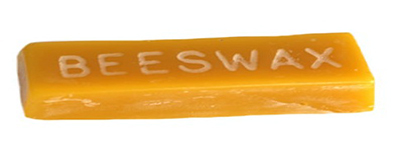

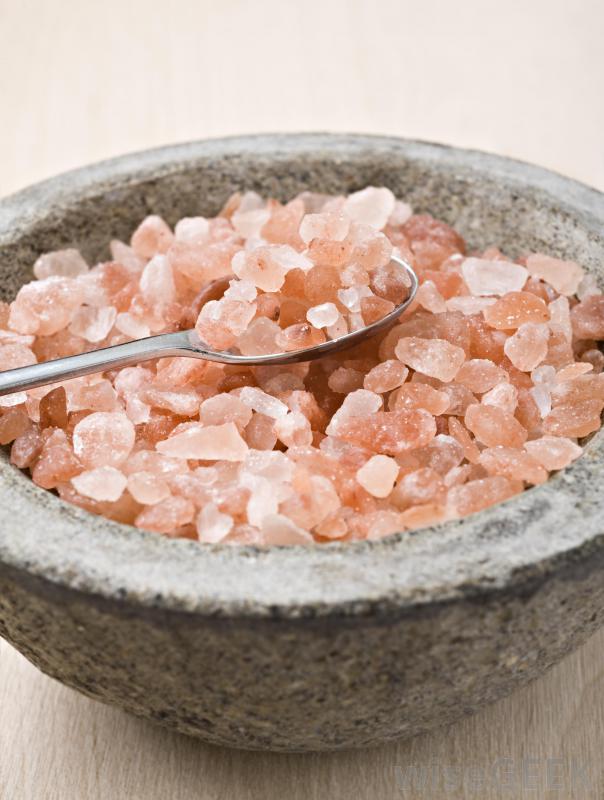
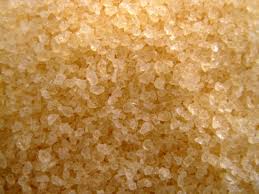

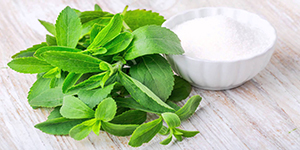

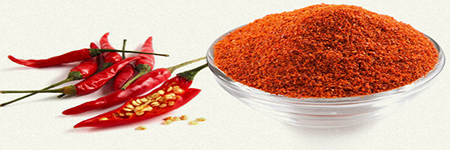
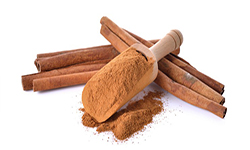
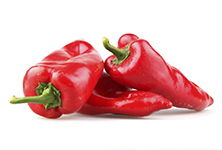







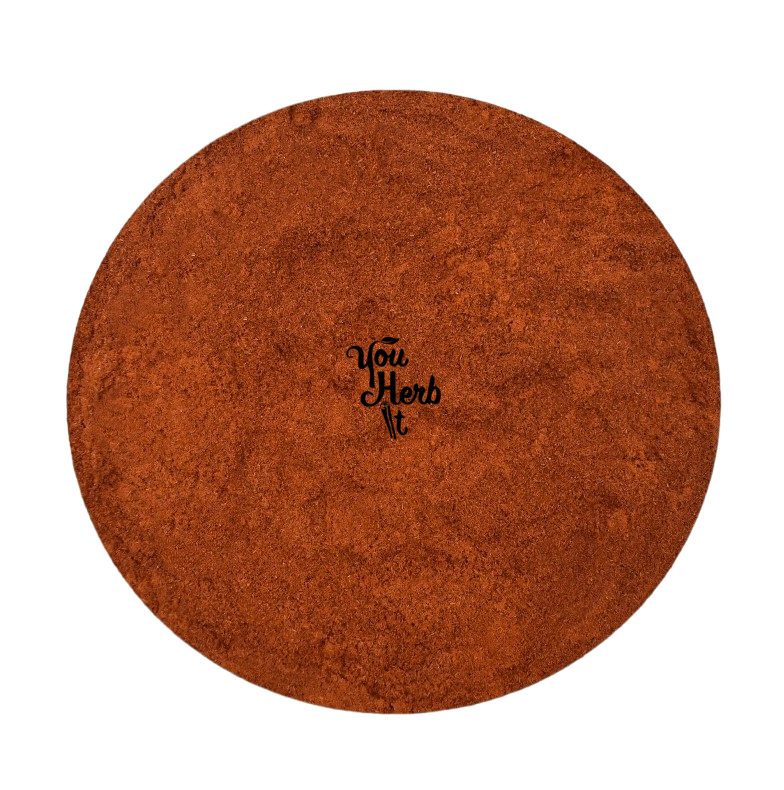
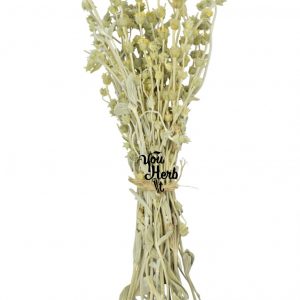
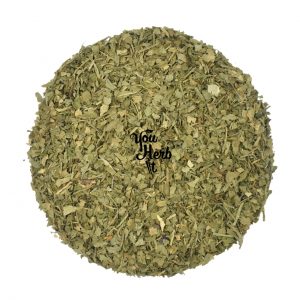
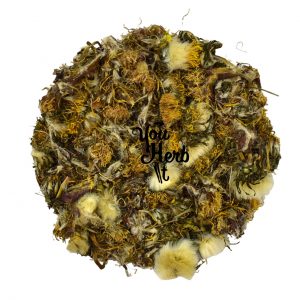
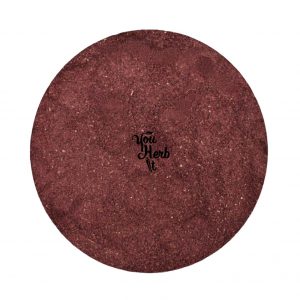
Reviews
There are no reviews yet.